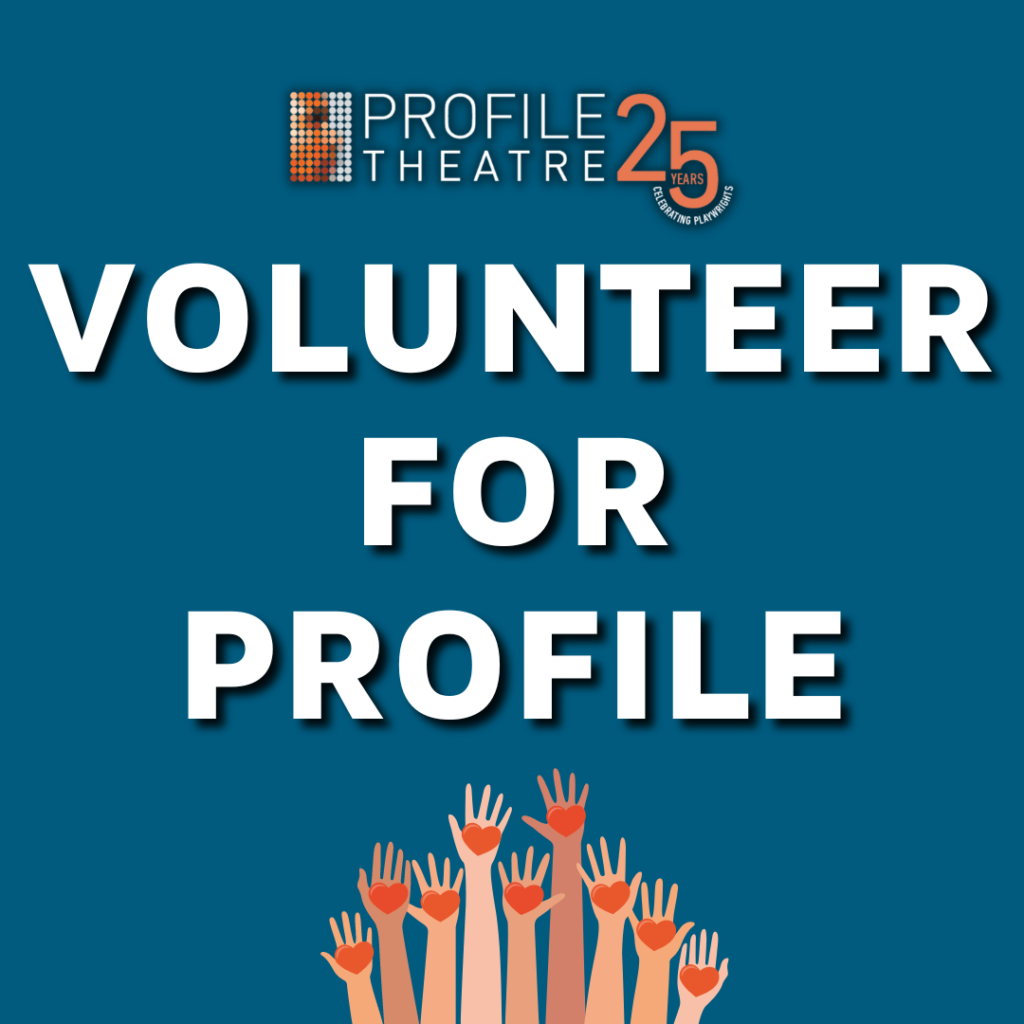Lynn Nottage on RUINED

Six years ago, I traveled to East Africa to interview Congolese women fleeing the armed conflict in the Democratic Republic of Congo (DRC). I was fueled by my desire to tell the story of war, but through the eyes of women, who as we know rarely start conflicts, but inevitably find themselves right smack in the middle of them. I was interested in giving voice and audience to African women living in the shadows of war.
The circumstances in the DRC are complicated; there is a slow simmering armed conflict that continues to be fought on several fronts, even though the war officially ended in 2002. You have one war being fought for natural resources between militias funded by the government and industry; you have the remnants of an ethnic war, which is the residue of the genocide in Rwanda that spilled over the border into Congo; and then you have the war that I examine in my play Ruined, which is the war being waged against women. To throw some statistics at you, according to International Rescue Committee, nearly 5.4 million people have died in that country since that conflict began; every month, 45,000 Congolese people die from hunger, preventable disease, and violence related to war. The fact is the war in the Congo is the deadliest confl ict since World War II. It is sometimes called World War III, because of the international interests that fuel the conflict in order to exploit the land, which is rich in minerals such as gold, coltan, copper, and diamonds.
In 2004, I went to East Africa to collect the narratives of Congolese women, because I knew their stories weren’t being heard. I had no idea what play I would fi nd in that war-torn landscape, but I traveled to the region because I wanted to paint a three-dimensional portrait of the women caught in the middle of armed conflicts; I wanted to understand who they were beyond their status as victims.
I was surprised by the number of women who readily wanted to share their stories. One by one, through tears and in voices just above a whisper, they recounted raw, revealing stories of sexual abuse and torture at the hands of both rebel soldiers and government militias. The word rape was a painful refrain, repeated so often it made me physically sick. By the end of the interviews, I realized that a war was being fought over the bodies of women. Rape was being used as a weapon to punish and destroy communities. In listening to their narratives I came to terms with the extent to which their bodies had become battlefields.
I remember the strong visceral response that I had to the very first Congolese woman who shared her story. Her name was Salima, and she related her story in such graphic detail that I remember wanting to cry out for her to stop, but I knew that she had a need to be heard. She’d walked miles from her refugee camp to share her story with a willing listener. Salima described being dragged from her home, arrested, and wrongfully imprisoned by men seeking to arrest her husband. In prison she was beaten and raped by five soldiers. She finally bribed her way out of prison, only to discover that her husband and two of her four children were abducted. At the time of the interview she had still not learned the whereabouts of her husband and two children. I found my play Ruined in the painful narratives of Salima and the other Congolese women, in their gentle cadences and the monumental space between their gasps and sighs. I also found my play in the way they occasionally accessed their smiles, as if glimpsing beyond their wounds into the future.
In Ruined, Mama Nadi gives three young women refuge and an unsavory means of survival. As such, the women do a fragile dance between hope and disillusionment in an attempt to navigate life on the edge of an unforgiving conflict. My play is not about victims, but survivors. Ruined is also the story of the Congo. A country blessed with an abundance of natural beauty and resources, which has been its blessing and its curse.
— Reprinted from Almeida Theatre Company


